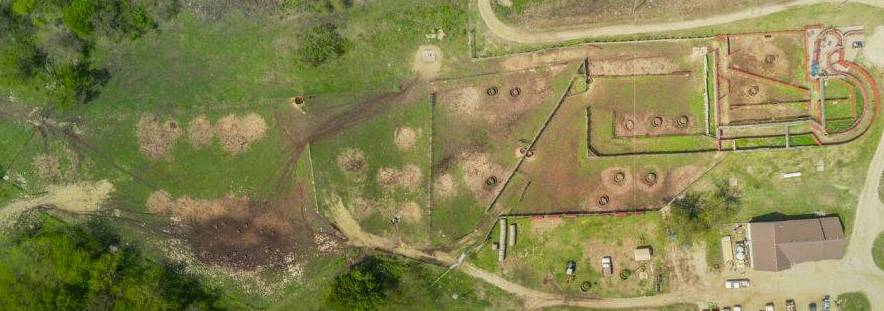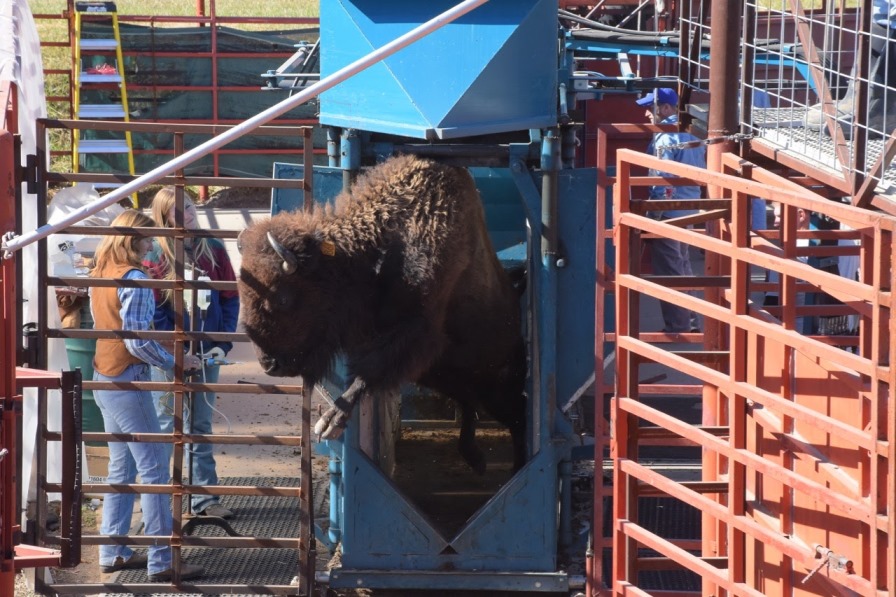Current News

Konza Prairie receives NSF funding to upgrade bison grazing experiment
By Division of Communications and Marketing
6 September 2017
The National Science Foundation has awarded Konza Prairie Biological Station and the Division of Biology nearly $225,000 to upgrade facilities for the Long-Term Bison Grazing Experiment. The last time the facilities received an update was in 1997.
The award will provide funds to replace certain sections of the Konza Prairie corral area, build eight additional working pens, provide easier access for researchers along the bison perimeter fence, and additional remote scales to increase frequency of measurements to document seasonal dynamics of body weight for approximately 280 bison, North America's largest native ungulate.
"The new equipment and facilities will assure that we will be able to continue our existing and extensive bison research and to open new opportunities for future researchers," said John Briggs, co-principle investigator for the project and Konza Prairie director.
The bison experiment examines the direct effects that bison grazing has on tallgrass prairie and measures bison performance, such as seasonal weight gains, in response to grassland conditions. According to Briggs, the experiment simulates the natural patterns of bison grazing and impacts on the tallgrass prairie ecosystem, including interactions with key ecosystem drivers — fire and climate.
"Understanding the ecological role of bison in tallgrass prairies has been considered an essential overarching research goal at Konza Prairie since its inception," Briggs said. "The experiment, initiated in 1987, has the longest continuous database of individual weight gains of a native ungulate population in the world."
All bison on Konza Prairie have a unique ID and since each individual is weighed annually during fall round-up, Konza Prairie has a large database with generations of information about the Konza bison herd, which can be used for a variety of current research projects and even those not thought of yet.
which can be used for a variety of current research projects and even those not thought of yet.
"These upgrades are necessary to maintain the existing long-term bison grazing experiment on Konza Prairie that is essential to the Konza Prairie Long Term Ecological Research program and National Ecological Observatory Network," said Eva Horne, co-principle investigator for the project and Konza Prairie assistant director. "More importantly, this funding will increase the flexibility of this valuable long-term experiment for current and future investigators — both K-State and non-K-State based scientists."
Past News
Please send any new stories about research/activities on KPBS to John Briggs, jbriggs1@ksu.edu